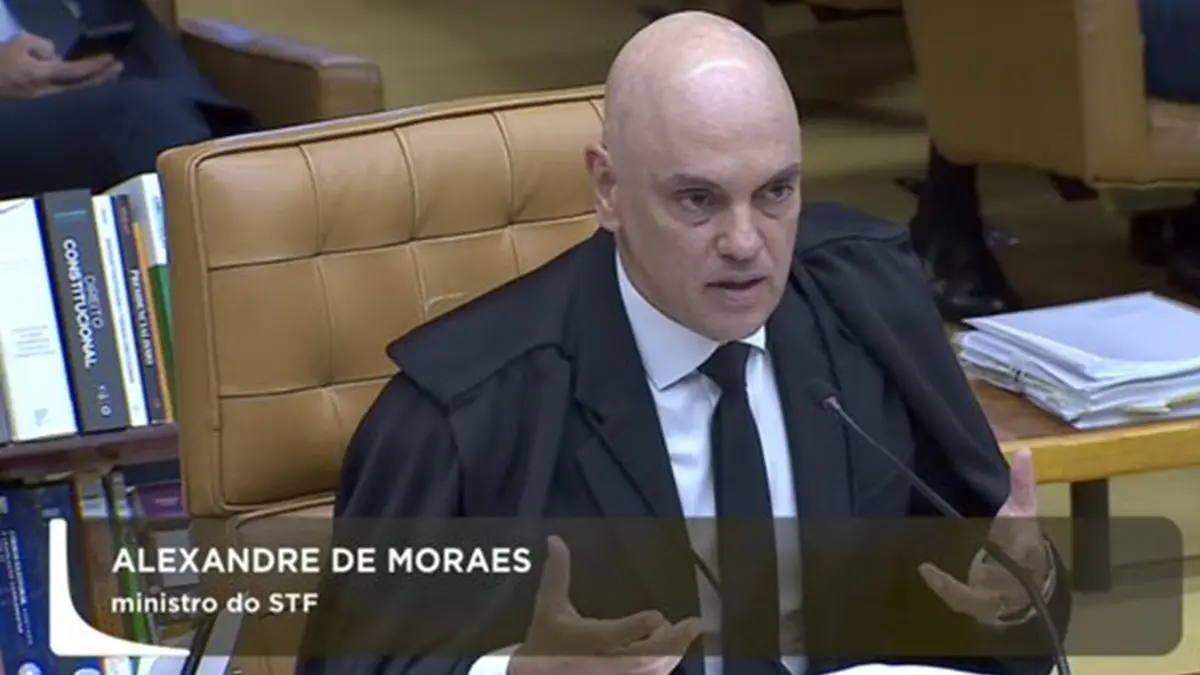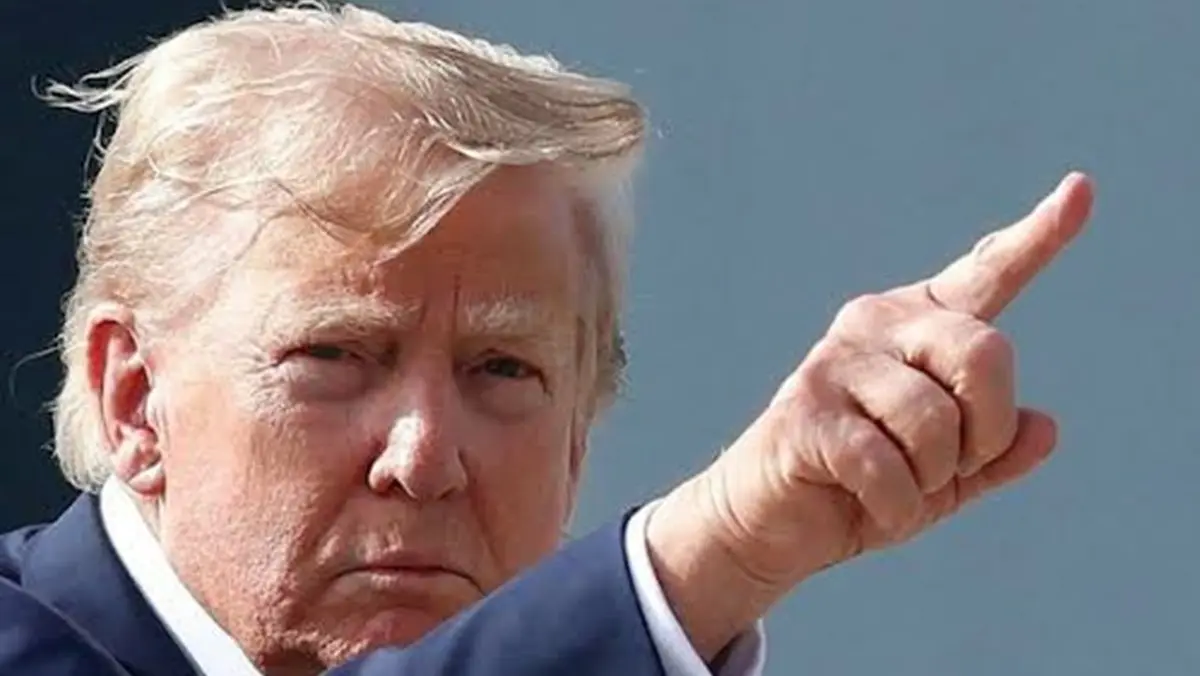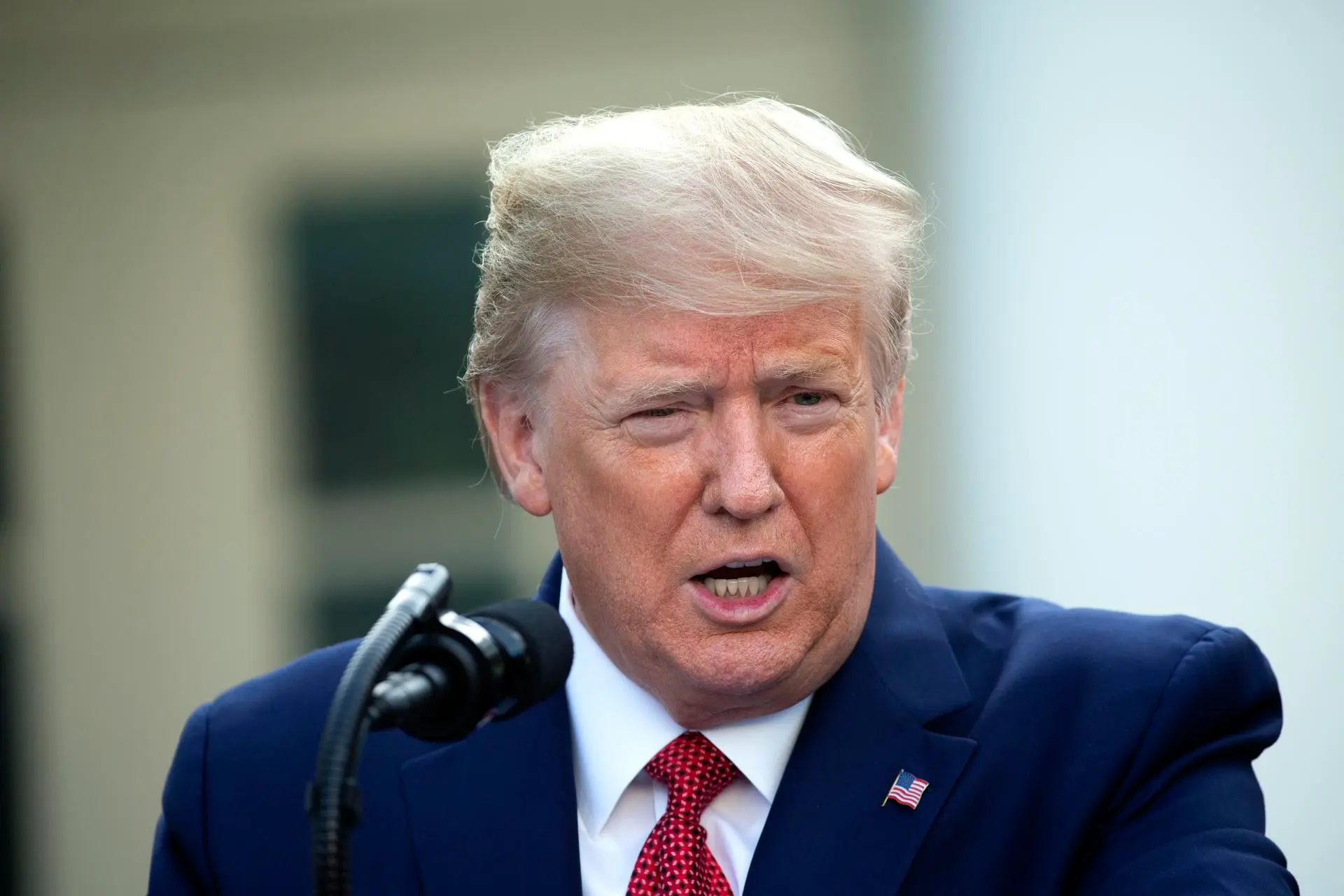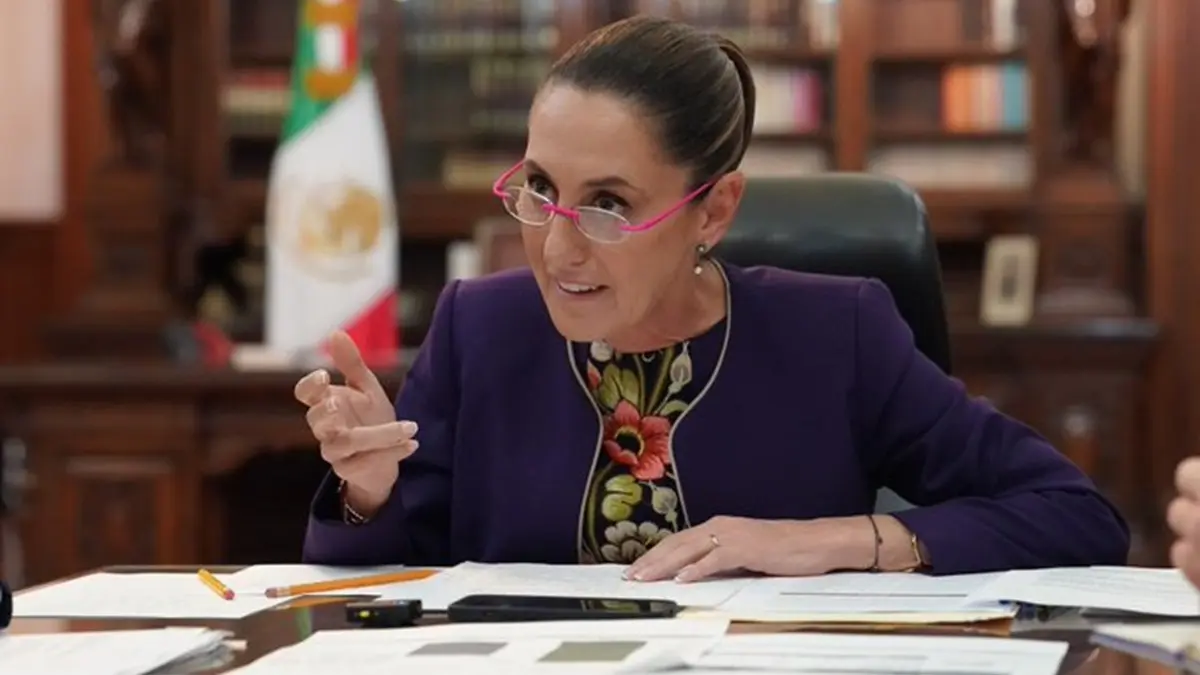Trump Seeks to Increase the U.S. Military Budget in FY2026

U.S. President Donald Trump. X/ @WPSDLocal6
May 2, 2025 Hour: 2:16 pm
Meanwhile, he plans to cut US$163 billion from social programs, health, education, housing, research, and clean energy.
On Friday, U.S. President Donald Trump presented his budget proposal for fiscal year 2026. He seeks a 13% increase in funding for the Department of Defense, which would reach US$1.01 trillion.
RELATED:
Thousands Stage May Day Protest Against Trump in New York
Simultaneously, the Republican politician will seek a 22.6% cut in non-defense spending, which will affect the provision of public goods and services to the U.S. population.
The increase in security spending seeks to strengthen the country’s military capabilities, including the development of the F-47 Next Generation Air Dominance fighter jet, the first manned sixth-generation fighter, and the deployment of the Golden Dome missile defense shield, designed to protect the U.S. from external threats.
Trump has also requested US$175 billion to strengthen security at the U.S. border, an amount that represents a 65% increase over FY2025. This budget seeks to fully secure the border, aligning with the immigration enforcement policies that have been a key focus of his administration.
“At this critical moment, we need a historic budget that prioritizes Americans and provides unprecedented support for our military and national security,” said Office of Management and Budget (OMB) Director Russell Vought.
In a letter to the Senate, Vought specified that the cuts to non-defense spending entail a reduction of approximately US$18 billion for the National Institutes of Health and nearly US$25 billion for the Department of Housing.
On Friday, Trump also signed an executive order to end federal funding for National Public Radio (NPR) and the Public Broadcasting Service (PBS). The White House said NPR and PBS have “zero tolerance” for non-leftist viewpoints.
It cited a 2024 Media Research Center study that found that PBS’s coverage of the Republican National Convention was 72 percent negative, while coverage of the Democratic National Convention was 88 percent positive.
In late March, the leaders of NPR and PBS appeared before a House oversight committee to address accusations of ideological bias in public broadcasting.
“I think that it’s important for public media to be able to continue to be relevant in a time where there is a lot of coverage of different issues and areas of interest,” NPR’s President and CEO Katherine Maher said.
teleSUR/ JF
Source: EFE – Xinhua






